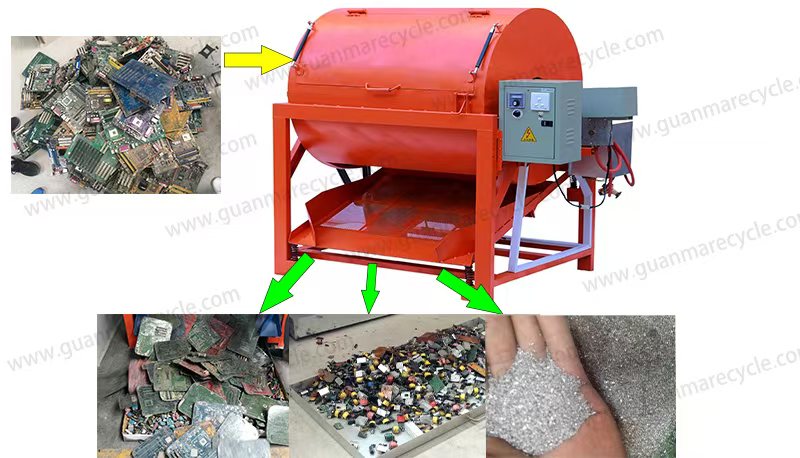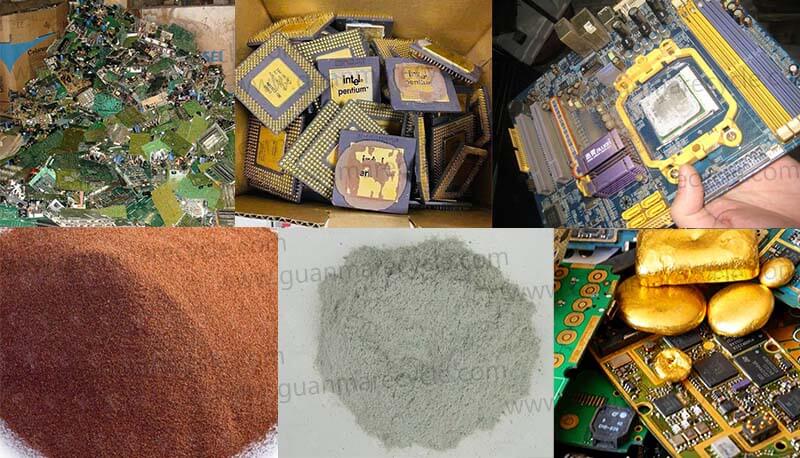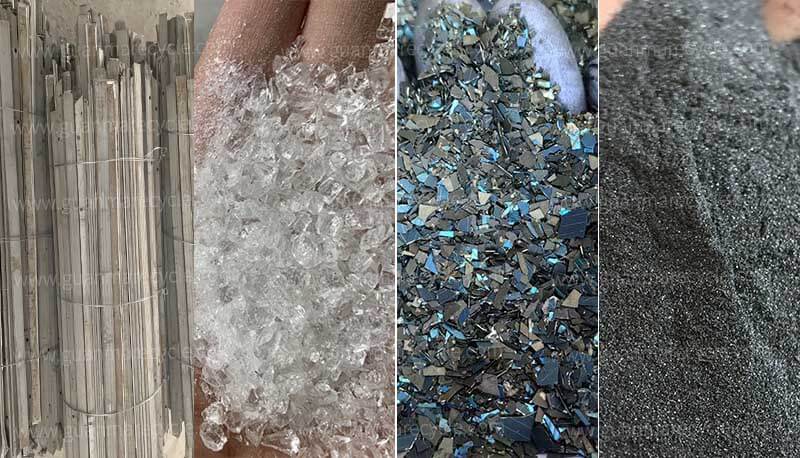Overview of E-waste Recycling Plant Machinery
E-waste recycling has become a crucial industry in today’s world, given the massive amounts of electronic waste generated annually. With the right e-waste recycling plant machinery, businesses and governments can efficiently manage and repurpose discarded electronic components.
Key E-Waste Recycling Plant Machinery
1. Shredders and Crushers
Shredders break down large e-waste items into smaller pieces for easier processing. Crushers further reduce the size of the shredded materials.
2. Magnetic Separators
Magnetic separators remove ferrous metals like iron and steel from the e-waste stream, ensuring efficient material separation.
3. Eddy Current Separators
These machines help separate non-ferrous metals like aluminum and copper from shredded e-waste.
4. PCB Recycling Machines
These specialized machines extract valuable metals such as gold, silver, and palladium from printed circuit boards.

5. Plastic Separators
E-waste contains various plastics that need to be separated and processed for reuse or disposal.
6. Air Separation Units
Using air flow, these machines separate lightweight materials from heavier components in e-waste.
7. Electrostatic Separators
Electrostatic separators use electrical charges to differentiate materials, making them useful for recovering fine metals.

E-Waste Recycling Process
Collection and Sorting: E-waste is collected from businesses, households, and industries.
Dismantling: Large electronic items are manually dismantled to extract reusable parts.
Shredding and Crushing: Machines break down e-waste into smaller pieces.
Separation: Using magnetic, eddy current, and electrostatic separation techniques, valuable metals and plastics are extracted.
Refining and Reuse: Extracted materials are refined and used in new electronic products.
Benefits of E-Waste Recycling
Environmental Protection: Prevents toxic waste from contaminating land and water.
Resource Conservation: Reduces the need for raw material extraction.
Economic Growth: Creates job opportunities in recycling industries.
Energy Savings: Requires less energy compared to mining new materials.
Investing in the right e-waste recycling plant machinery ensures efficient waste management, resource conservation, and economic benefits.


